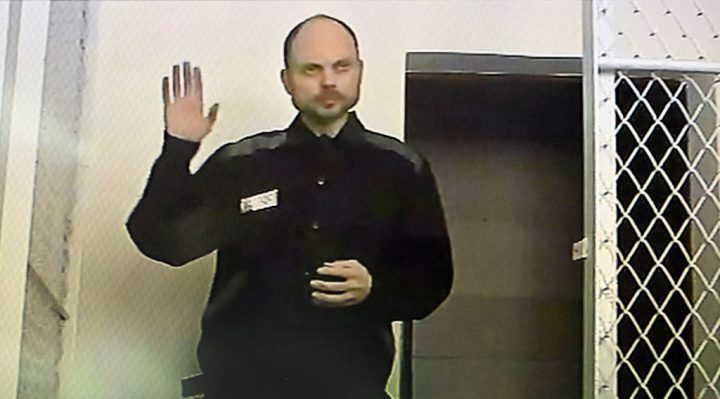A year ago today, the Putin critic Vladimir Kara-Murza was jailed for 25 years – the longest sentence handed down to a political prisoner in Russia since the collapse of the Soviet Union over 30 years ago. For the last year, Kara-Murza has been held in a prison in Siberia, often in solitary confinement, with only occasional visits from his lawyer, a couple of books and hostile prison guards watching over him.
Already a subscriber? Log in
Subscribe for just $2 a week
Try a month of The Spectator Australia absolutely free and without commitment. Not only that but – if you choose to continue – you’ll pay just $2 a week for your first year.
- Unlimited access to spectator.com.au and app
- The weekly edition on the Spectator Australia app
- Spectator podcasts and newsletters
- Full access to spectator.co.uk
Or




















Comments
Don't miss out
Join the conversation with other Spectator Australia readers. Subscribe to leave a comment.
SUBSCRIBEAlready a subscriber? Log in